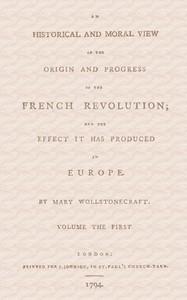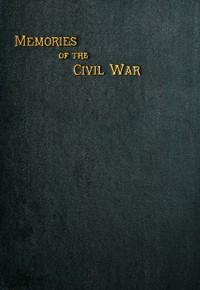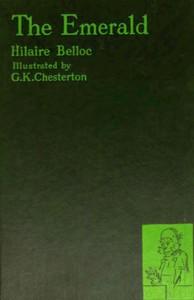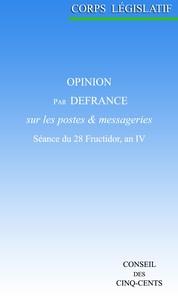|
|
Read this ebook for free! No credit card needed, absolutely nothing to pay.Words: 82836 in 37 pages
This is an ebook sharing website. You can read the uploaded ebooks for free here. No credit cards needed, nothing to pay. If you want to own a digital copy of the ebook, or want to read offline with your favorite ebook-reader, then you can choose to buy and download the ebook.

: Snap: A legend of the Lone Mountain by Phillipps Wolley Clive Willink H G Henry George Illustrator - English fiction 19th century; Canadian Rockies (B.C. and Alta.) Fiction; Mountaineering Fiction@FreeBooksThu 08 Jun, 2023 TRANSLATOR'S PREFACE TO "WE PHILOLOGISTS" 105 WE PHILOLOGISTS 109 WE PHILOLOGISTS AUTUMN 1874 TRANSLATED BY J. M. KENNEDY The mussel is crooked inside and rough outside ? it is only when we hear its deep note after blowing into it that we can begin to esteem it at its true value.-- An ugly-looking-wind instrument ? but we must first blow into it. TRANSLATOR'S INTRODUCTION The subject of education was one to which Nietzsche, especially during his residence in Basel, paid considerable attention, and his insight into it was very much deeper than that of, say, Herbert Spencer or even Johann Friedrich Herbart, the latter of whom has in late years exercised considerable influence in scholastic circles. Nietzsche clearly saw that the "philologists" were absolutely unfitted for their high task, since they were one and all incapable of entering into the spirit of antiquity. Although at the first reading, therefore, this book may seem to be rather fragmentary, there are two main lines of thought running through it: an incisive criticism of German professors, and a number of constructive ideas as to what classical culture really should be. These scattered aphorisms, indeed, are significant as showing how far Nietzsche had travelled along the road over which humanity had been travelling from remote ages, and how greatly he was imbued with the pagan spirit which he recognised in Goethe and valued in Burckhardt. Even at this early period of his life Nietzsche was convinced that Christianity was the real danger to culture; and not merely modern Christianity, but also the Alexandrian culture, the last gasp of Greek antiquity, which had helped to bring Christianity about. When, in the later aphorisms of "We Philologists," Nietzsche appears to be throwing over the Greeks, it should be remembered that he does not refer to the Greeks of the era of Homer or AEschylus, or even of Aristotle, but to the much later Greeks of the era of Longinus. Classical antiquity, however, was conveyed to the public through university professors and their intellectual offspring, and these professors, influenced by religious and "liberal" principles, presented to their scholars a kind of emasculated antiquity. It was only on these conditions that the State allowed the pagan teaching to be propagated in the schools; and if, where classical scholars were concerned, it was more tolerant than the Church had been, it must be borne in mind that the Church had already done all the rough work of emasculating its enemies, and had handed down to the State a body of very innocuous and harmless investigators. A totally erroneous conception of what constituted classical culture was thus brought about. Where any distinction was actually made, for example, later Greek thought was enormously over-rated, and early Greek thought equally undervalued. Aphorism 44, together with the first half-dozen or so in the book, may be taken as typical specimens of Nietzsche's protest against this state of things. It must be added, unfortunately, that Nietzsche's observations in this book apply as much to England as to Germany. Classical teachers here may not be rated so high as they are in Germany, but their influence would appear to be equally powerful, and their theories of education and of classical antiquity equally chaotic. In England as in Germany they are "theologians in disguise." The danger of modern "values" to true culture may be readily gathered from a perusal of aphorisms that follow: and, if these aphorisms enable even one scholar in a hundred to enter more thoroughly into the spirit of a great past they will not have been penned in vain. Free books android app tbrJar TBR JAR Read Free books online gutenberg More posts by @FreeBooks
: An historical and moral view of the origin and progress of the French Revolution; and the effect it has produced in Europe by Wollstonecraft Mary - France History Revolution 1789-1799 Causes@FreeBooksThu 08 Jun, 2023

: Memories of the Civil War by James Henry B - United States History Civil War 1861-1865 Personal narratives; United States History Civil War 1861-1865 Regimental histories Massachusetts; United States. Army. Massachusetts Infantry Regiment 32nd (1862-1865)@FreeBooksThu 08 Jun, 2023
|
Terms of Use Stock Market News! © gutenberg.org.in2025 All Rights reserved.






